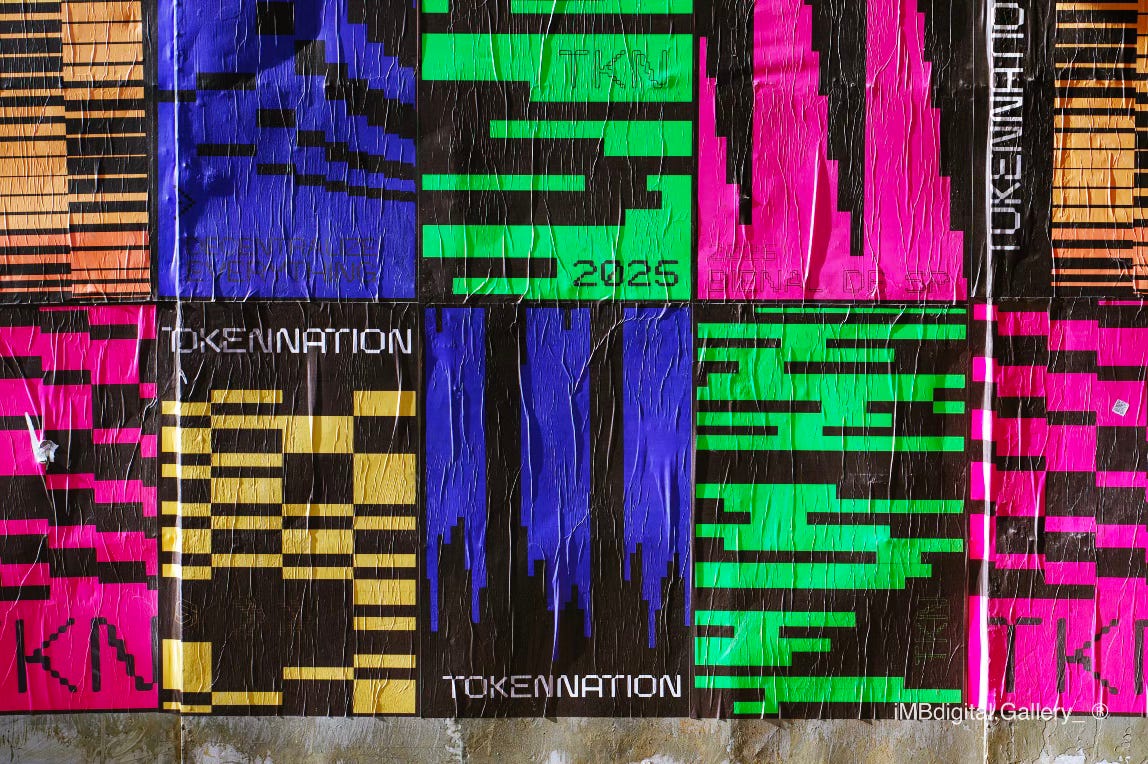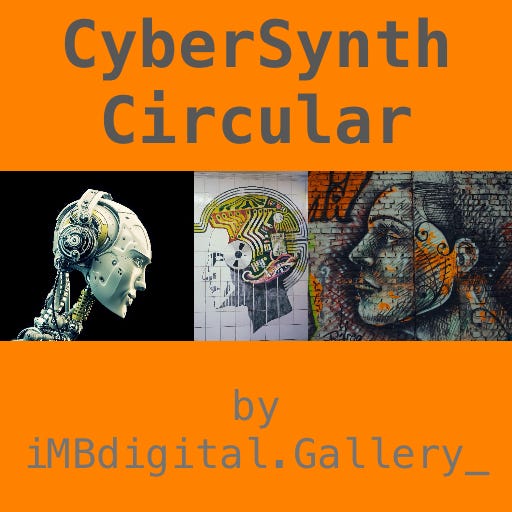TokenNation 2025 in Sao Paulo - Latin America’s Blockchain Moment Has Arrived
Brazil leads blockchain's real-world impact. Discover insights from TokenNation 2025 São Paulo—Web3, CBDCs, DAOs, and tokenized finance in Latin America.
Preface
When São Paulo hosts something, it doesn’t do it halfway. And TokenNation 2025 was no exception. Held in the heart of Latin America's financial powerhouse, this year's edition wasn’t just another blockchain conference—it was a statement. A statement that the token economy is no longer a fringe movement or tech playground. It’s Latin America’s next industrial revolution.
From Proof-of-Concept to Proof-of-Impact
The vibe at TokenNation 2025 was palpably different. No more speculative hype or echo chambers of decentralization ideologues. This year, the conversation shifted from “What if?” to “What now?” Panels weren’t talking about the future—they were unpacking real use cases from Brazilian agritech cooperatives, cross-border tokenized trade settlements, and pilot CBDC integrations in the B2B logistics space.
The token economy is going real-world—and São Paulo just cemented itself as one of its key proving grounds.
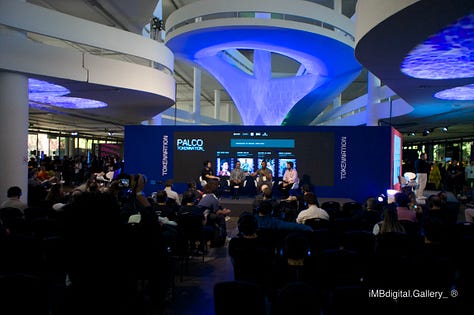
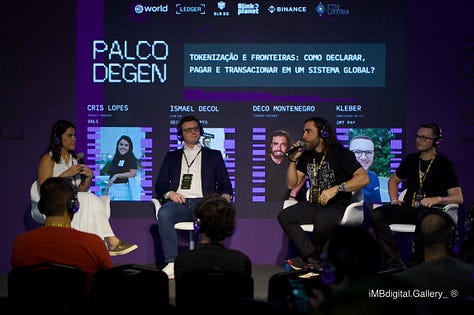
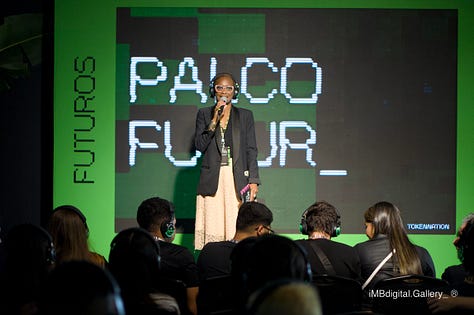


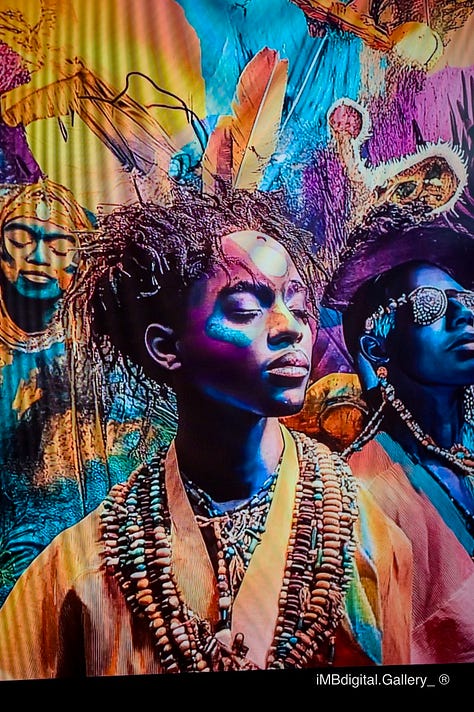

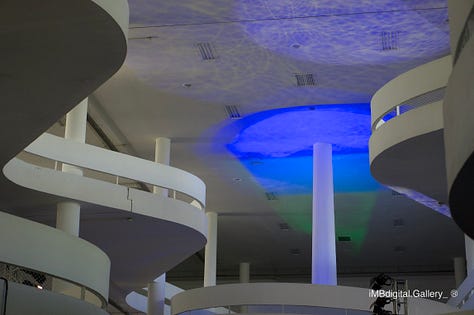
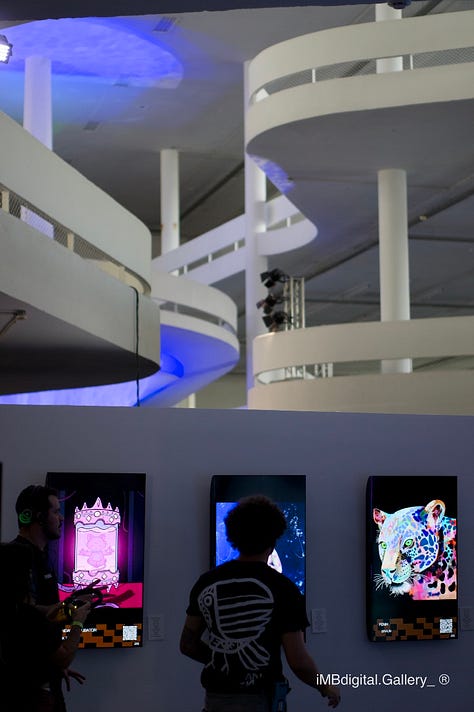
Why São Paulo? Why Now?
Let’s be real: Brazil is a paradoxical tech beast. Bureaucratic? Yes. Complex tax regimes? For sure. But also—an insanely fertile ground for digital innovation. With over 125 million unbanked or underbanked across Latin America, the region doesn't need incremental improvements; it needs leapfrog innovation. And blockchain, paired with AI, is delivering just that.
São Paulo offers:
A vibrant Web3 startup ecosystem fueled by native challenges (e.g., inflation, informal labor markets, legal pluralism).
An increasingly pro-digital-assets regulatory framework led by the Brazilian Central Bank and CVM (Comissão de Valores Mobiliários).
A unique demographic blend: Gen Z crypto natives, pragmatic Gen X fintech leaders, and a government open to digital public goods.
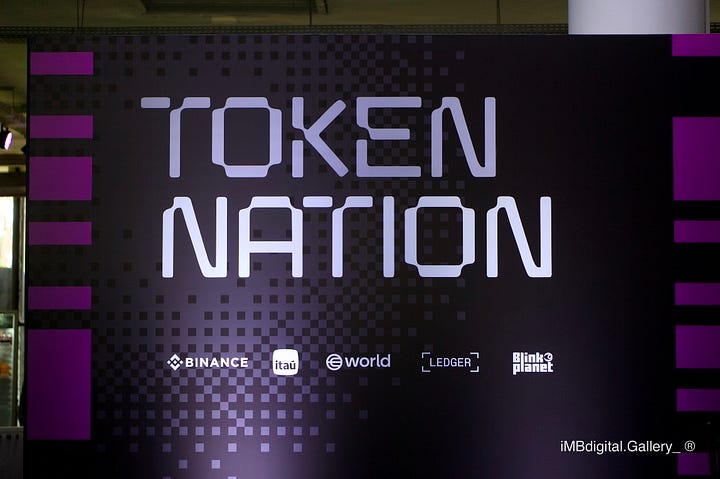
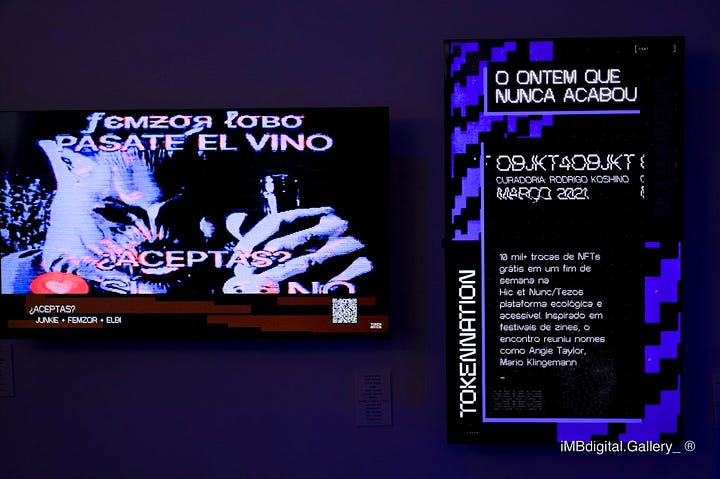
Spotlight: What Blew Minds at TokenNation 2025
RealFi for Real People
Forget DeFi summer nostalgia. The hot acronym was RealFi—real-world finance, tokenized. Brazilian rural credit cooperatives showcased blockchain-powered microcredit solutions using asset-backed tokens tied to crop futures. Fintech meets farmers.CBDC Interoperability Pilots
With Drex (Brazil’s digital real) moving from pilot to early-stage rollouts, multiple sessions focused on CBDC interoperability between Brazil, Mexico (digital peso), and UAE (project mBridge). Cross-border smart contracts aren’t theory anymore—they’re testable now.Legal Engineering, Not Legal Loopholes
A refreshing maturity emerged in legal-tech discussions. Token lawyers and smart contract developers are no longer at odds—they’re collaborating. São Paulo-based law schools are even offering “Lex Cryptographica” modules. When the regulators and devs share coffee, you know the tide has turned.DAOs for ESG
Brazilian and Chilean NGOs presented decentralized autonomous organizations (DAOs) managing reforestation and biodiversity token incentives in the Amazon and the Cerrado. Forget greenwashing—these are transparent, auditable incentive models native to the blockchain.


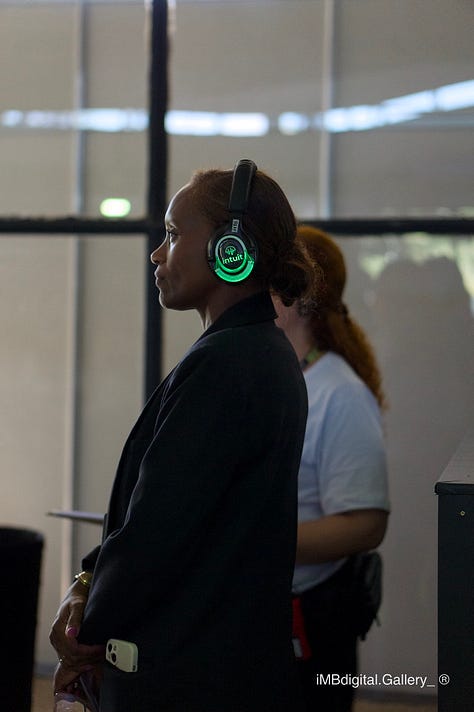
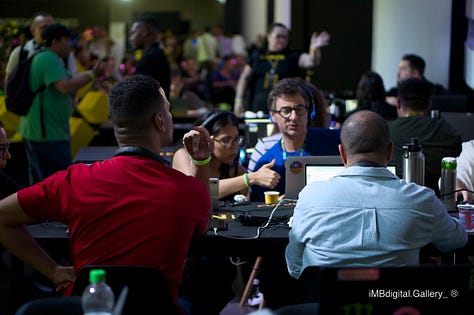

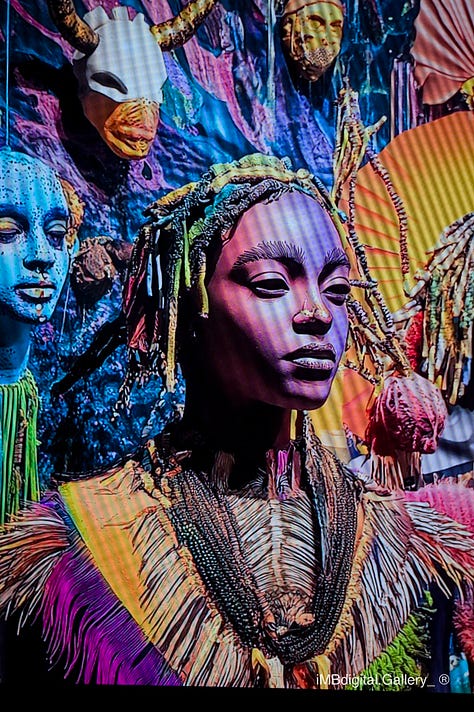
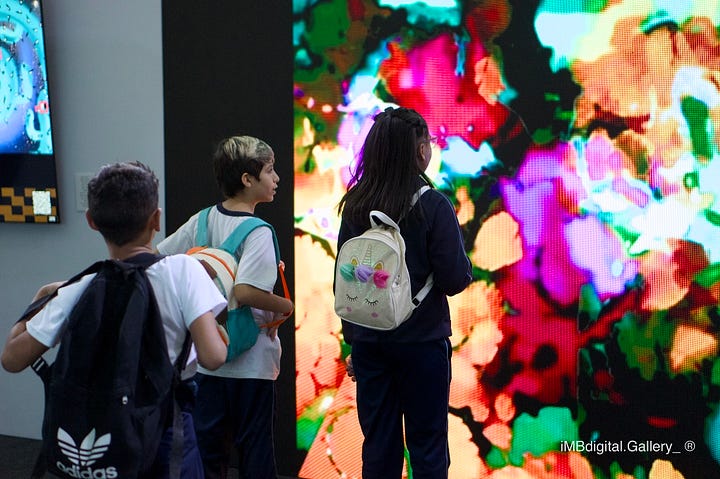

What It Means for Global Consultants, Investors, and BizDev Strategists
TokenNation 2025 delivered a wake-up call: If you're still thinking of blockchain in terms of ICOs and meme coins, you’ve missed the plot. The real play is infrastructural transformation. Think: logistics tokenization, fractional land ownership, digital identity for informal workers.
For consultants working in emerging markets, interim executives looking for edge strategies, or global VCs chasing substance over speculation—Latin America, with Brazil as its spearhead, is where Web3 finally meets GDP relevance.


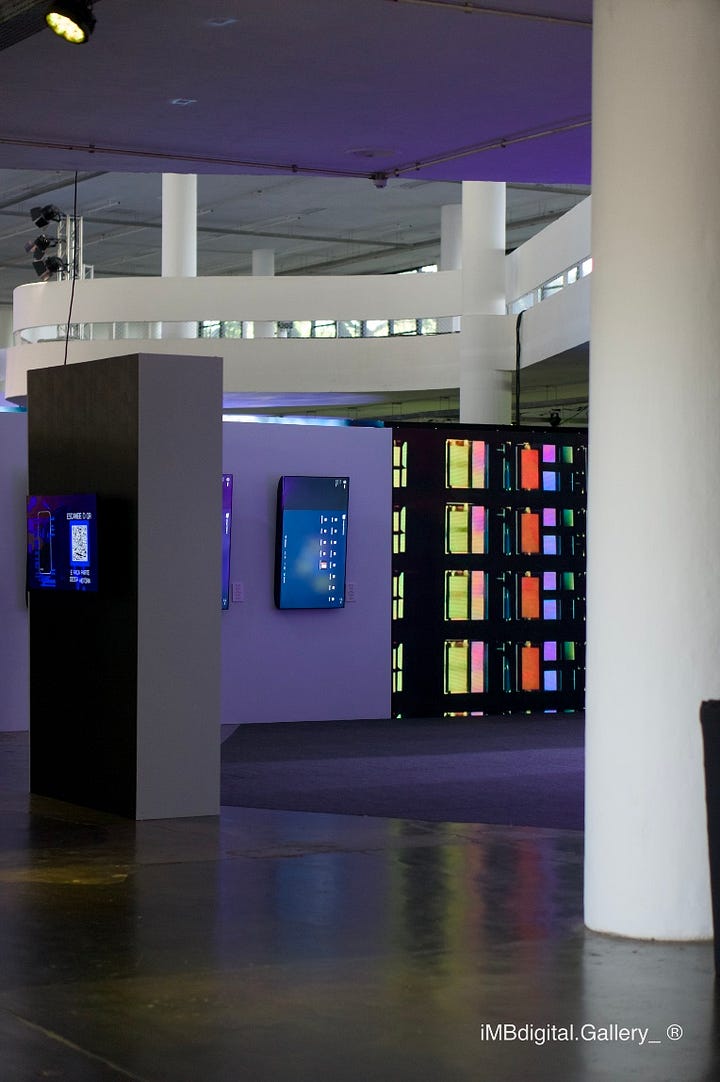
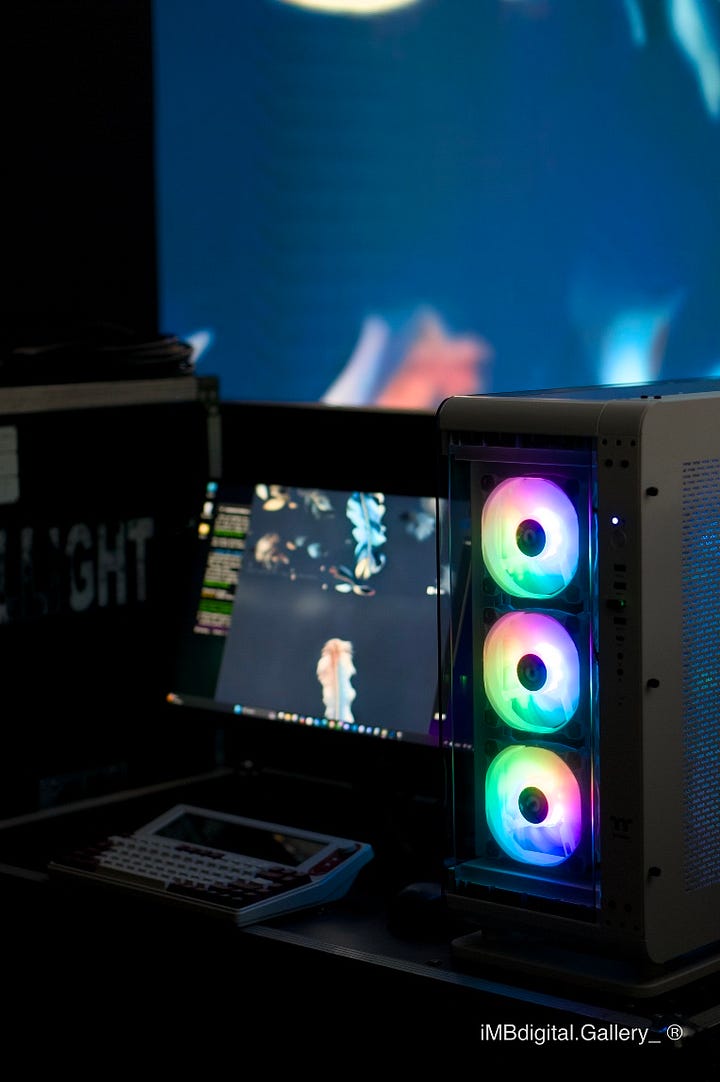
The Strategic Imperative: Get In, or Get Left Behind
Let’s not sugarcoat it: Tokenization will disrupt traditional business models in emerging economies faster than in Europe or the U.S., where incumbents are too entrenched. In LatAm, agile regulation, necessity-driven innovation, and an experimental mindset create an unprecedented sandbox.
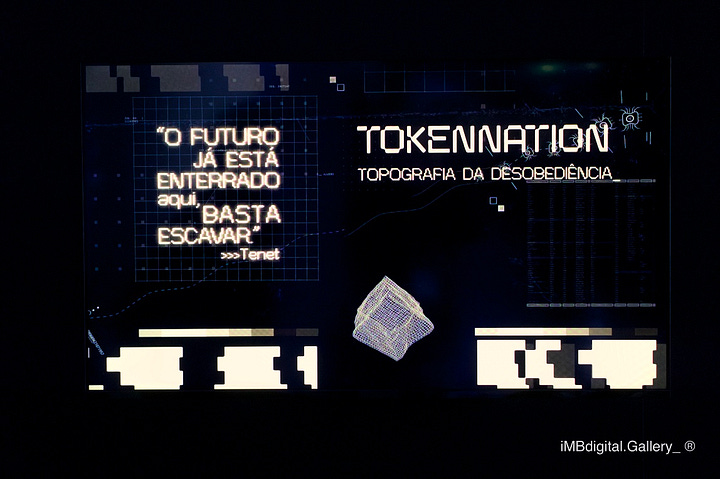
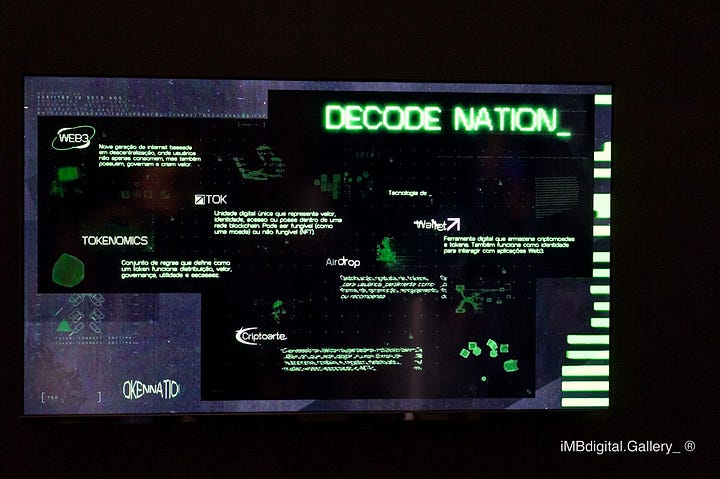
If you're a decision-maker, start asking:
What parts of my value chain can be tokenized or verified via smart contracts?
Can we pilot a DAO for community governance or stakeholder incentives?
How will national digital currencies impact our B2B settlements or treasury operations?
São Paulo didn’t just host TokenNation 2025. It issued a challenge to the rest of the world: adapt, tokenize, or step aside.

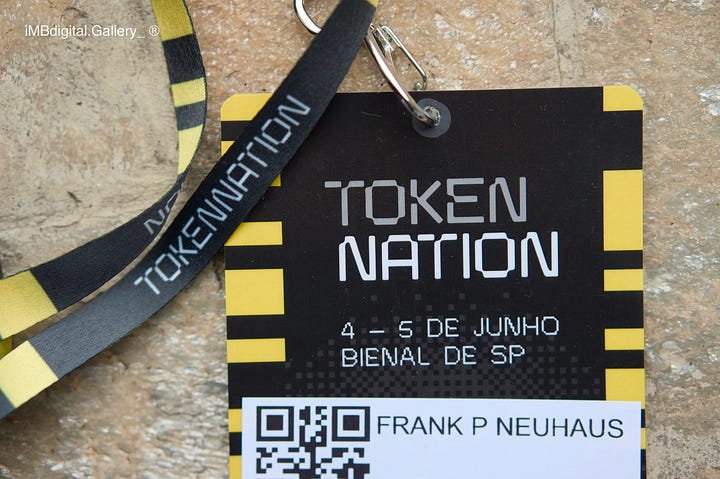
Final Thought
From crypto-anarchists to corporate tokenization architects, TokenNation 2025 proved that Brazil is no longer a crypto follower—it’s shaping the future architecture of digital economies. And São Paulo? It’s the laboratory where that future is being engineered.







